What is Critical Path Method & How to Use it With UDN Task Manager
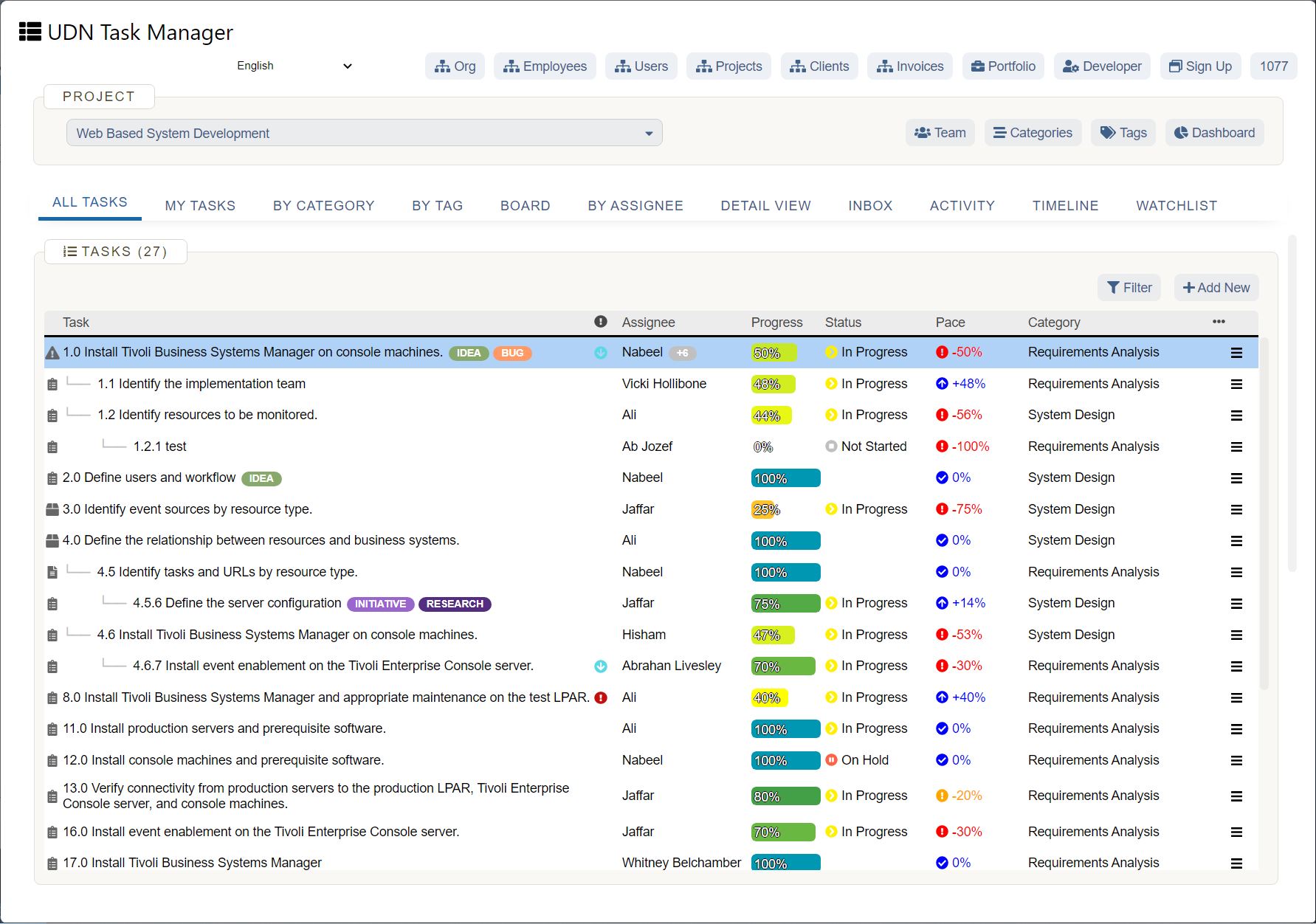
You can’t be the real deal in project management if you haven’t used the concept of critical path method practically. That is how vital it is.
The critical path method gives more than just better results; it lends perspective. This leads to better management of upcoming, similar projects.
Unfortunately, its usage is not as popular as it ought to be. Let’s dive in and check out why this is important for project managers .
What is the Critical Path Method?
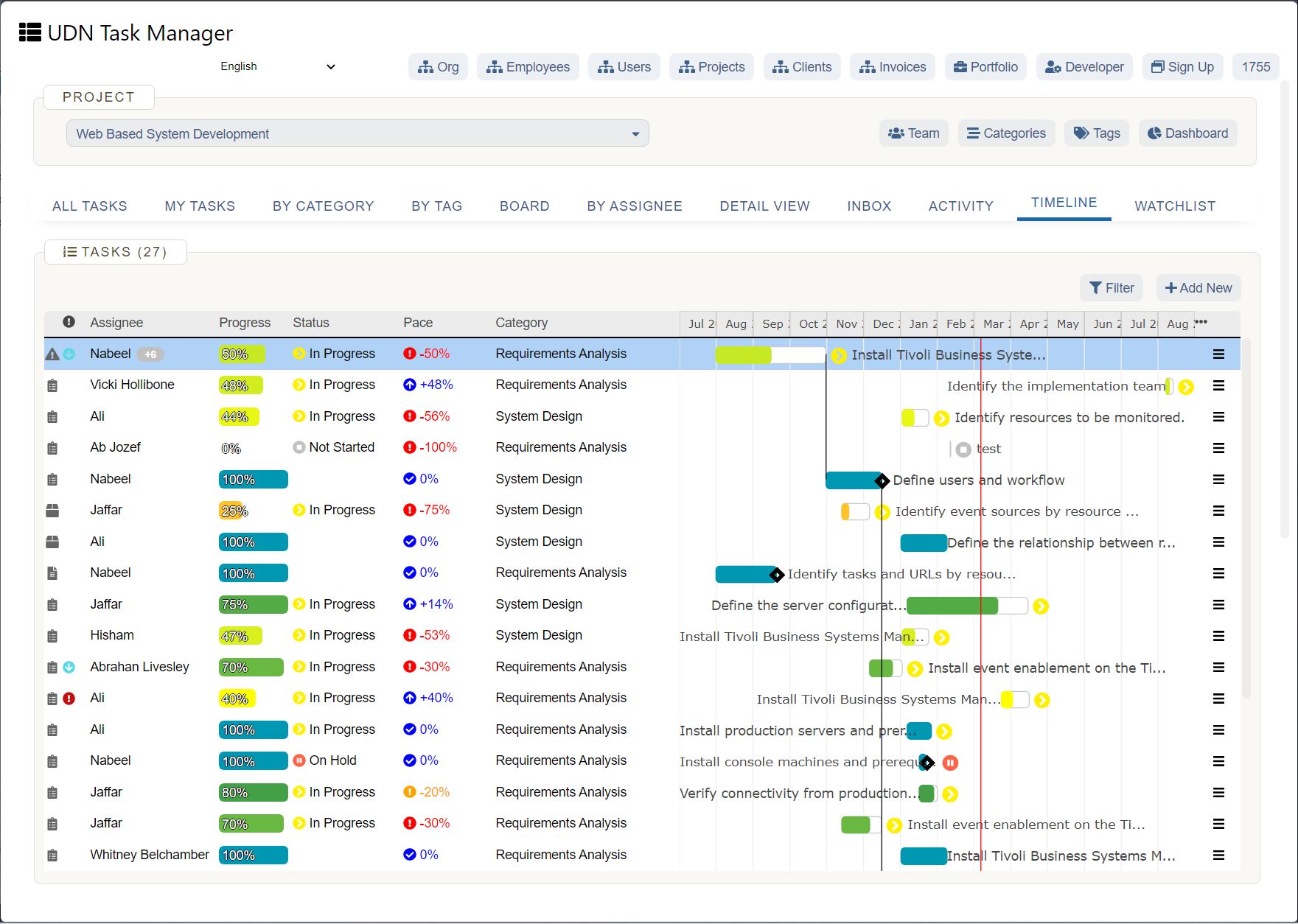
In simple words, it’s a project modeling technique .
Here’s how it works: You start by figuring out the least amount of time required to complete a single task with the minimum slack. Don’t worry. If you have no idea what slack is, we’ll be discussing it later in this write-up.
Next, you find the critical path by calculating the maximum amount of time required to complete all the tasks in a project .
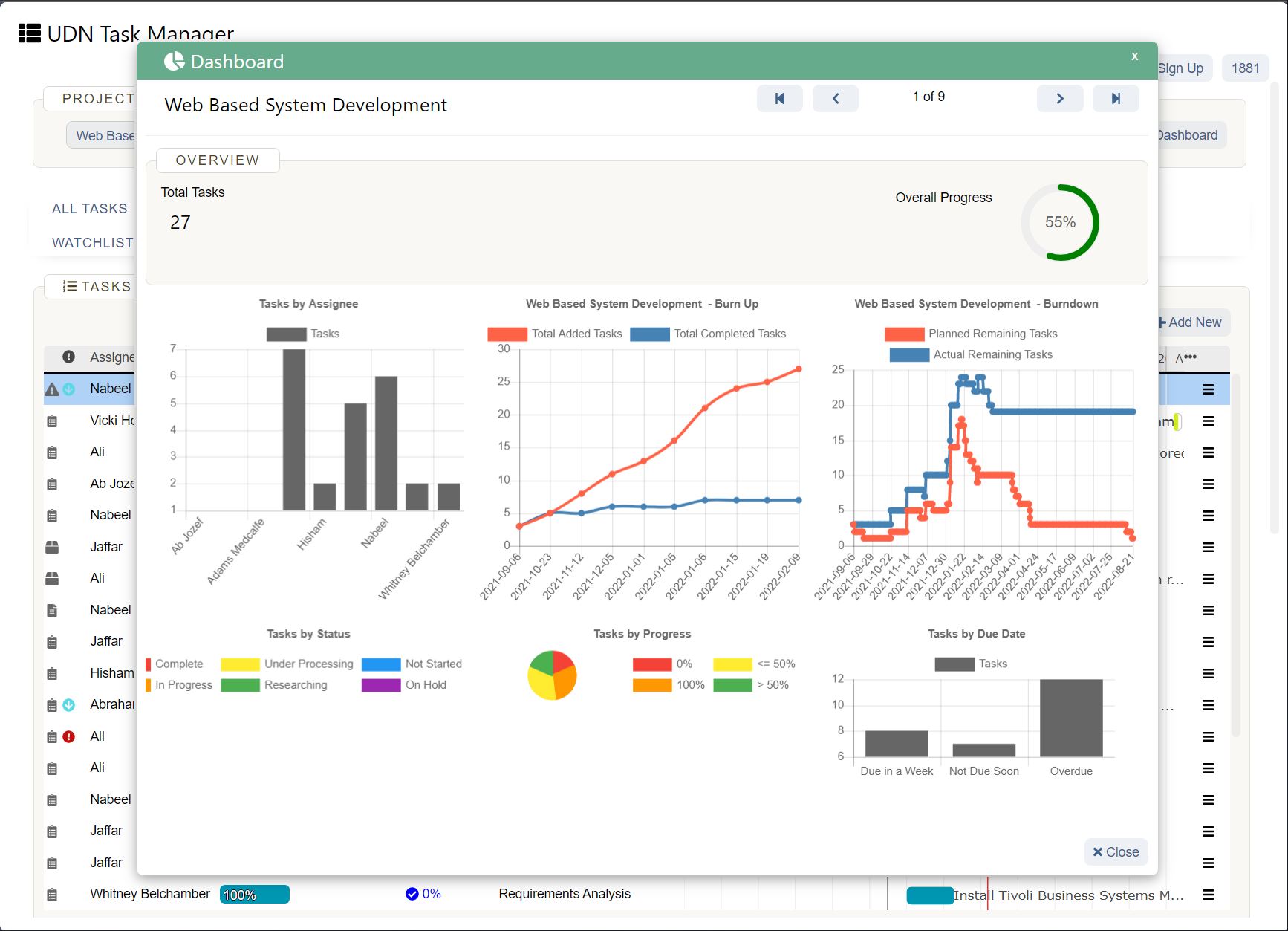
Source
It’s hard to imagine people not knowing about a concept that has roots back to as early as the 1940s!
However, it was made popular in the 1950s by Morgan R Walker of DuPont and James E. Kelly of Remington Rand.
At the same time, the US Navy was working on something similar. As a result, it was implemented in the Manhattan Project . After this, the critical path method became quite famous among the project managers.
The critical path method has been commonly used in engineering, aeronautics, and construction projects , to name a few. With advancements in technology and research, CPM is not used in the same form as before, but the approach is still the same.
Important terms in CPM
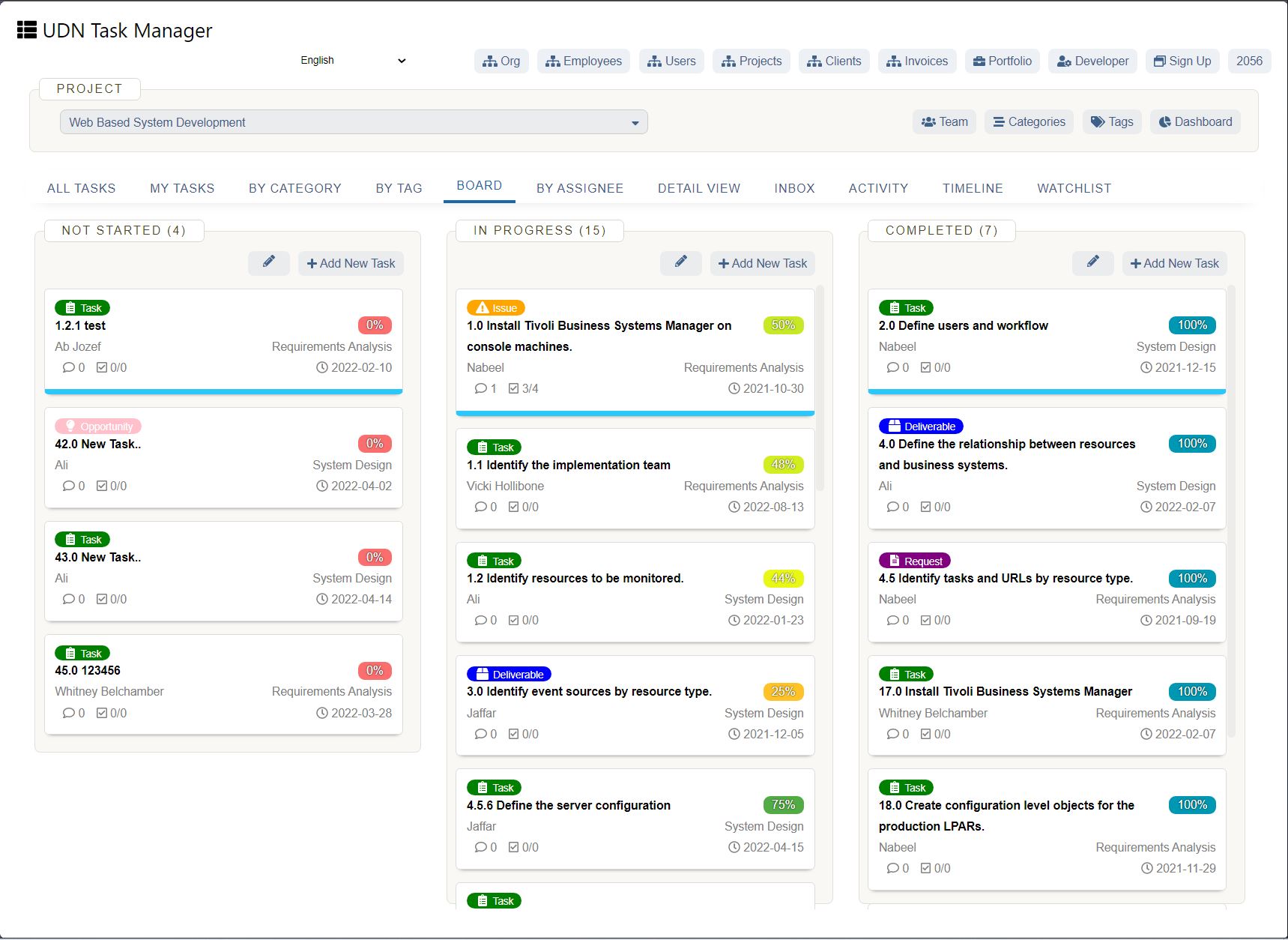
Just an overview. I promise. Nothing like those boring long definitions that take you back to school.
The longest distance between the start point and the endpoint of any project gives you a clear idea of how long it will take to finish.
See? I just explained the critical path method in a couple of lines. Again.
Let’s look into some other terms that you should know about:
– It is also known as slack in project management (remember I mentioned it at the beginning?). Float is simply the longest time you can delay a task . That is, of course, until it starts affecting the project timeline.
Preferably, the tasks you select for critical path must have zero floats.
Coincidentally, there are Float and Slack apps out there in the market. This does cause a bit of confusion, but we are not talking about Float and Slack apps right now.
– the activities that need to be completed on time or those with zero float- are critical activities .
– this means to finish a critical task before it’s expected time . It’s done to finish the project on time or before time if required. You can do this by allocating more resources on a task. Hence, increasing your cost.
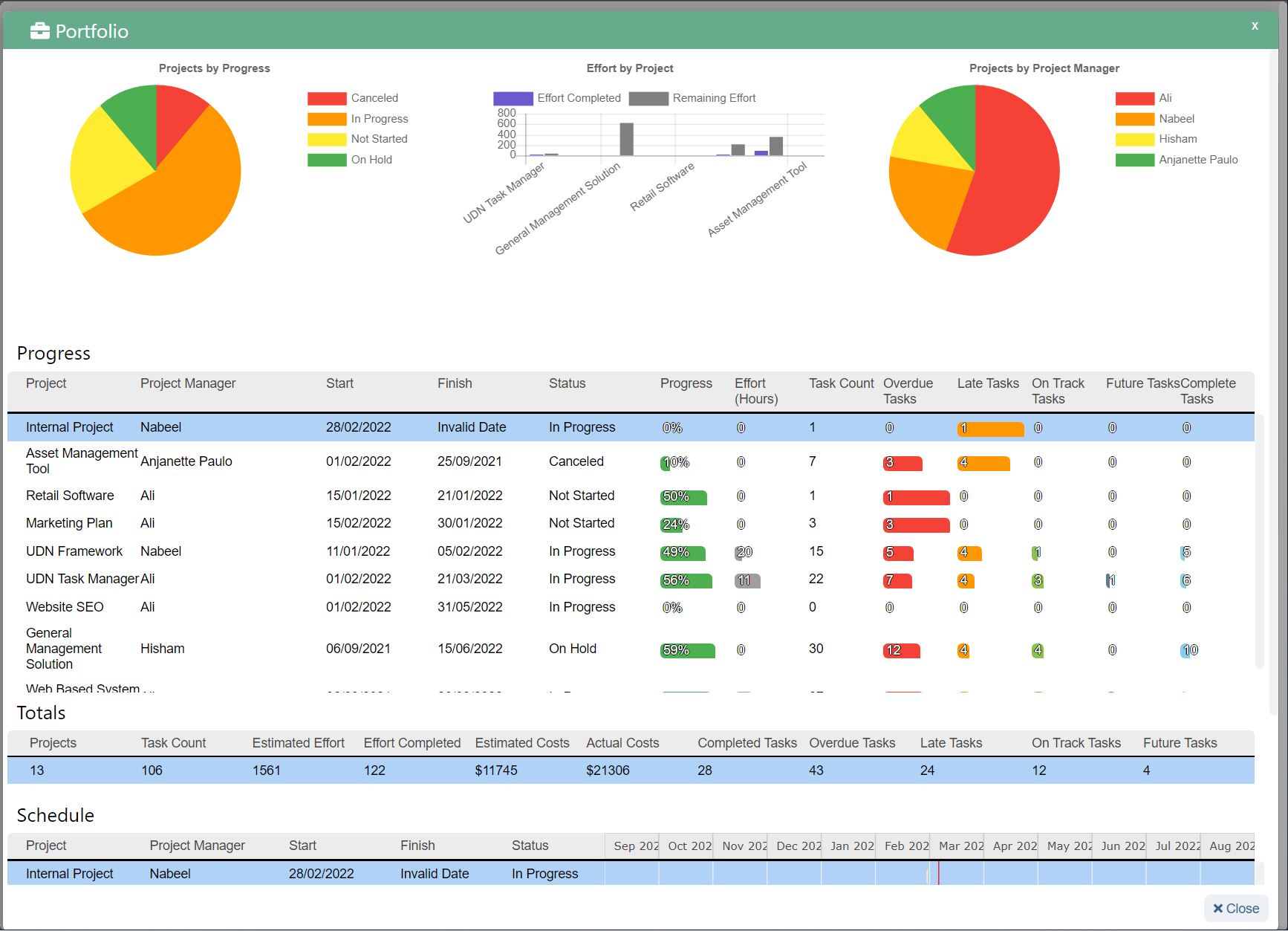
Well, for starters, CPM is a necessary part of Project Management Professional certification .
Every single project starts out with a plan. Planning includes forecasting and setting a deadline for project completion . Using the critical path method, project managers can be more precise as CPM helps them identify which tasks cannot be delayed at all.
It is quite a handy thing to have.
Project managers can also use float to the tasks, which are a bit more complex or time-consuming. It will give them a much better understanding of the critical and non-critical activities.
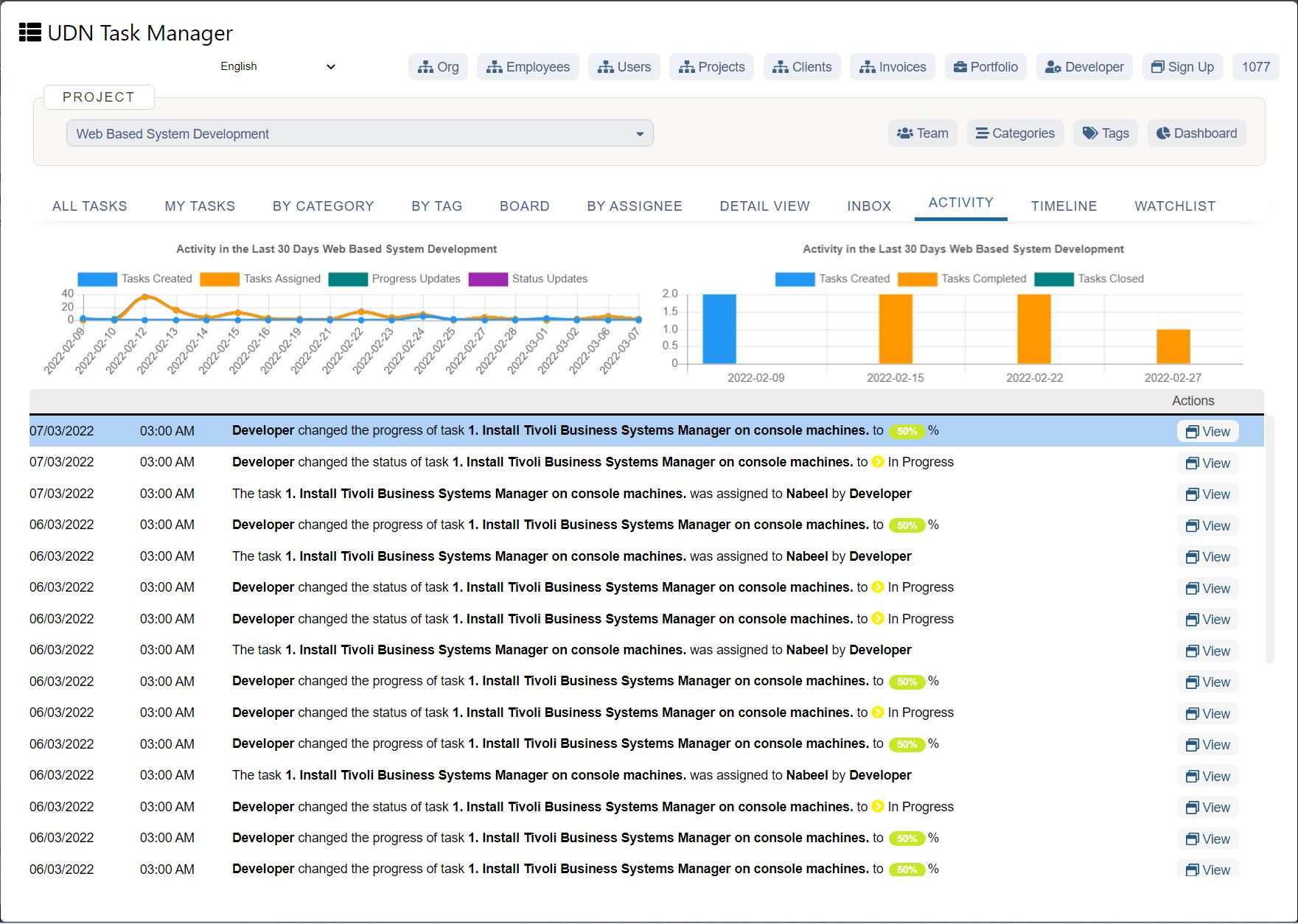
Modern project managers aim to find the longest sequence of tasks required to complete a plan with the least amount of time.
The reason behind this effort is that when a project manager is aware of all the crucial tasks and the quickest way to finish them, the project’s success increases tenfold.
Today’s methods have changed. The world has gone digital, and everything is being automated. We have software for every function of a business, which has made life quite easier.
There are numerous tools that you can use to calculate CPM for your project.
We’ll talk about this later in the text.
Basic Steps for using CPM
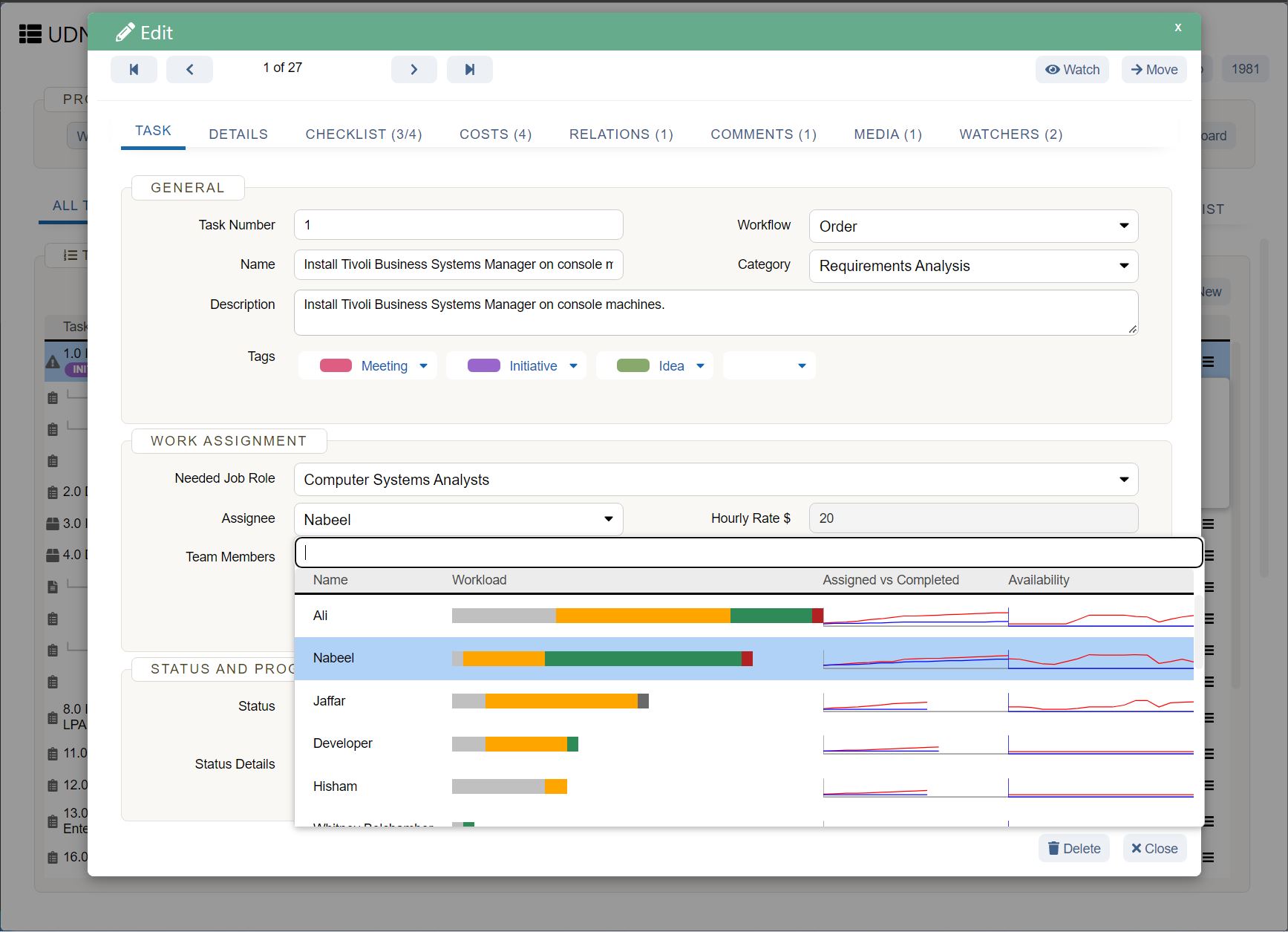
Happy to see you’re still with us!
Having read about CPM at such length, it’s only natural that you would want to know how actually to use it. Here are five simple steps:
Note down these task dependencies.
There will always remain some constraints that may delay your project . It can be as simple as the late delivery of material.
You should account for such unforeseen circumstances as it will add to your accuracy of determining the critical path. If due to a constraint time is added to the project, it’s called a critical path drag . It basically means how much time the project will now take due to this constraint.
Critical Path Drag Example
Note : It is possible to have more than one critical path. Moreover, since the critical path is an estimation, it can change throughout a project. Resource scheduling is often the major cause behind such change.

Remember, I told you that we would talk about the software later in this text? This is the later.
I know what some of you may have tried. You must have asked Google how to calculate the critical path using Excel or Word .
As amazing as these tools are, they just not cut for this sort of work.
Thanks to the good people over at the IT industry, we have tons of software for project management . Many of these savvy tools allow you to calculate the CPM faster than you can say “ critical path method. ”
Take the example of UDN Task Manager Project Management Tool, for instance. This application helps to manage your tasks and work on projects remotely. Programs like UDN Task Manager take your project execution to another level.
Besides its excellent collaborative features, it also helps you with CPM!
The PERT Technique
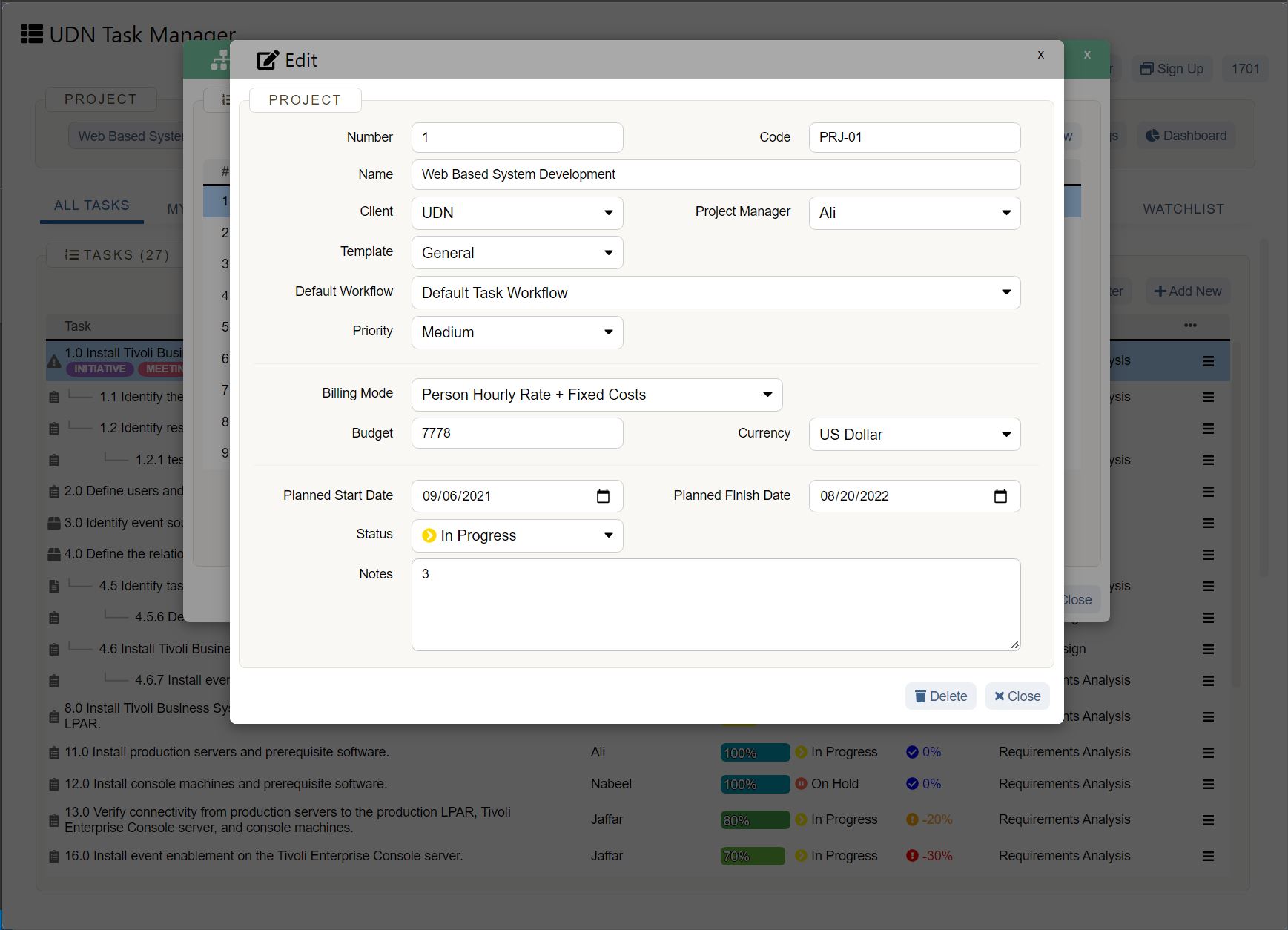
Before it crosses your mind, stop! It’s not another concept that you have to read to come closer to understanding the critical path method.
PERT or Project Evaluation and Review Technique is very similar to CPM. As I mentioned earlier, the techniques have changed over time, but the idea remains the same.
Being a new-age business solution, UDN Task Manager uses this technique to help you with your critical path.
The PERT technique does precisely what we have been talking about here, i.e., identifying the tasks required to finish a project and how much time it would take to complete them.
Three estimations are used when determining the expected time. These are: O ptimistic, R ealistic, and P essimistic. As the words imply, the estimation ranges from best to worst.
Next, the weighted average is used to calculate the estimated time for each activity.
This helps in improving the accuracy of the estimate for a project. In other words, this process is used to find out the critical path.
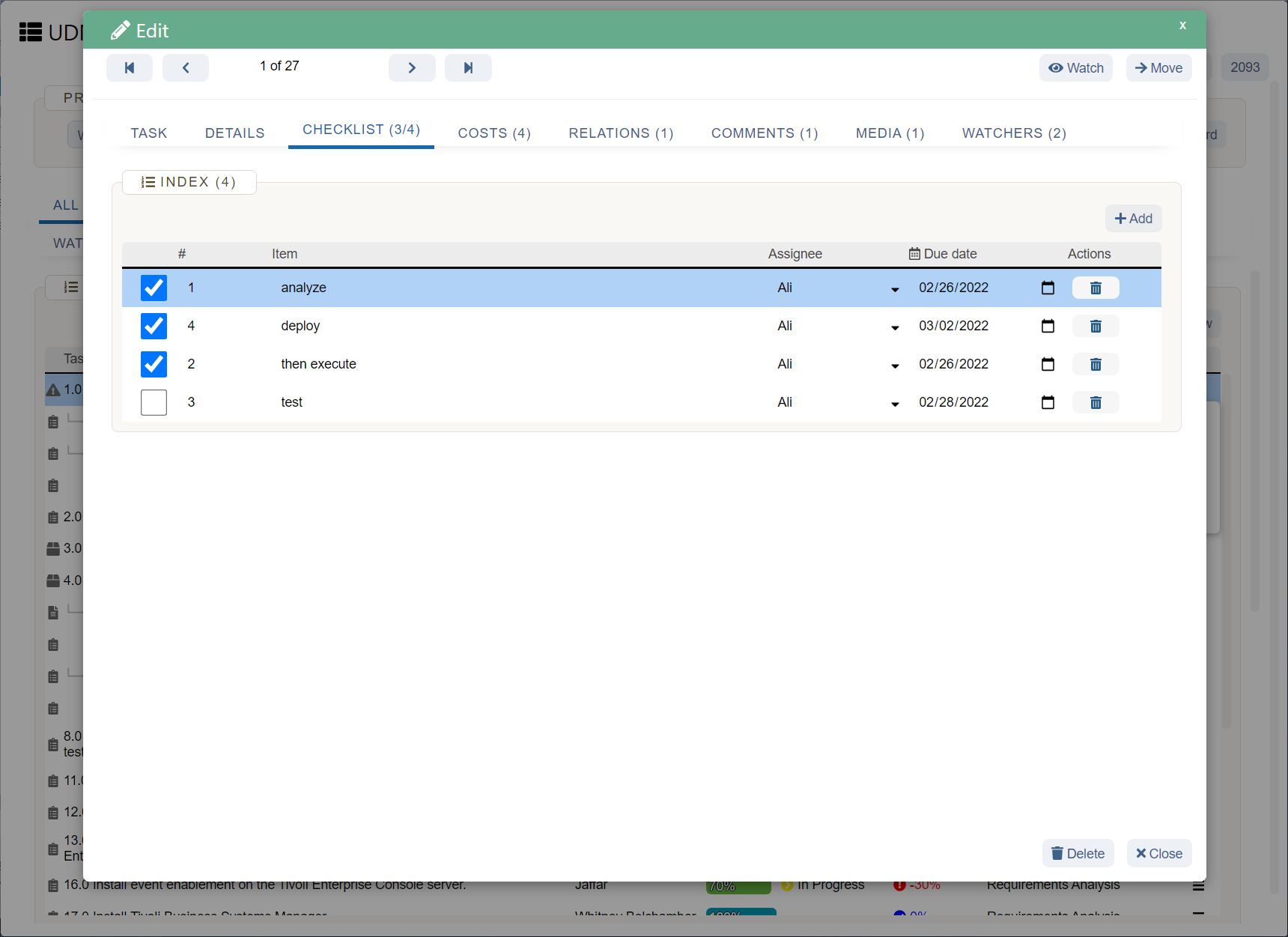
It is the age of hybrids and synergies.
Project managers have come up with a PERT/CPM technique to get the best of both worlds. This technique beautifully brings together the old and the new.
UDN Task Manager uses this technique to help you with your critical path. It allows you to break down the project events into tasks and subtasks.
The software allows you to collaborate and see the progress of the project in real-time. All the issues, constraints, resource availability/utility, and risks are visible to all and can be updated by anyone.
Even with amazing techniques like PERT/CPM, project management is not an easy task. It’s high time to go digital. And to do it right, you need to equip your organization with the right tools.
UDN Task Manager has the potential to become your best companion in project management.
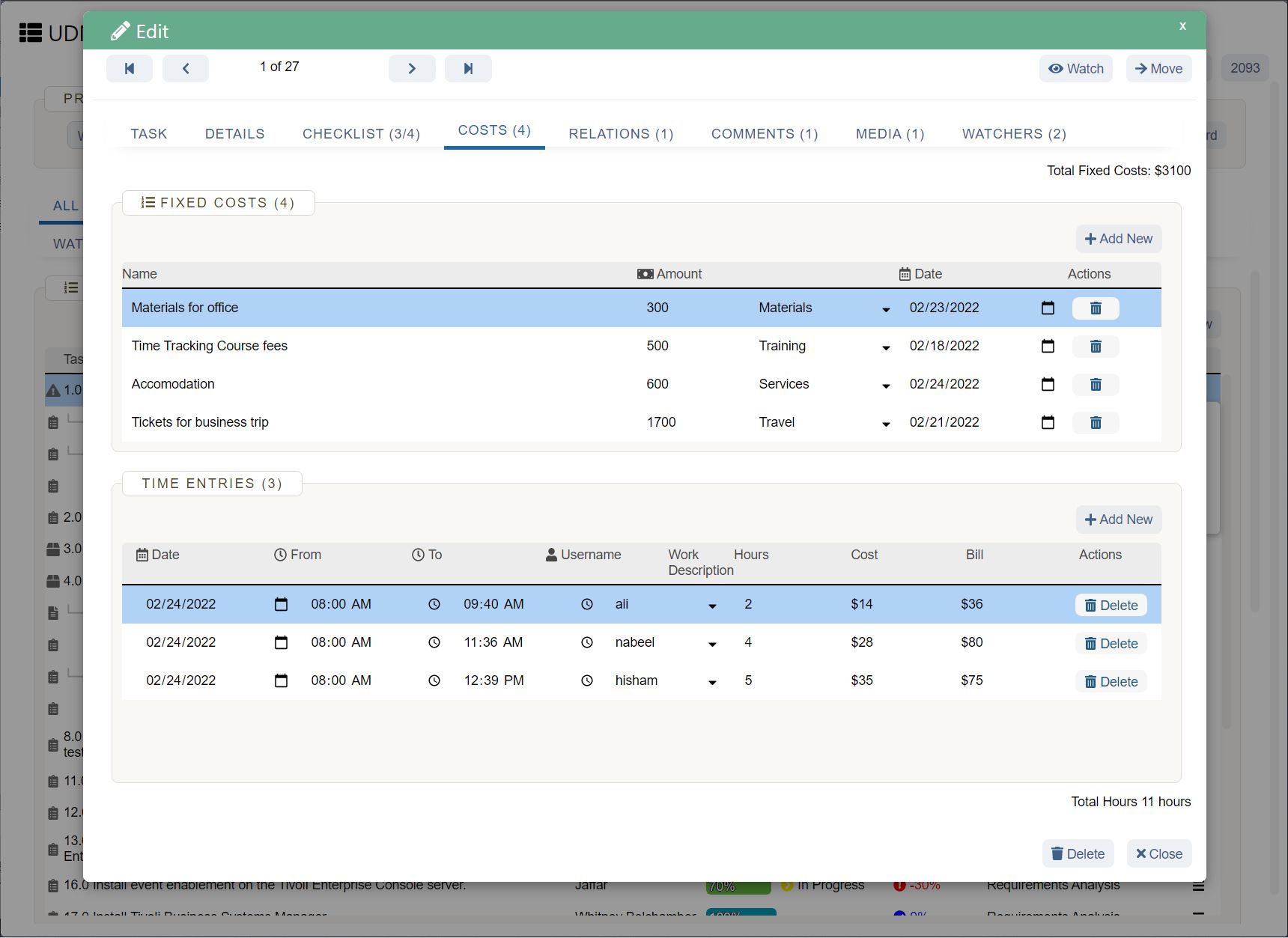
Once you have created a few projects with several tasks in them, it is time to switch to Grid View. You can do so by sifting through the view options highlighted at the top of the dashboard.
The grid view, in UDN Task Manager projects, displays an interactive Gantt chart view that progresses horizontally. Here, you can create task dependencies and drag and drop a task’s timeline/submission order to see how it affects other milestones.
These variables are the main part of the critical path method framework. And that’s exactly how UDN Task Manager renders support to anyone who is looking to use CPM from a long term perspective.
Tinker around with other options to see how your choice affects your projects’ CPM in UDN Task Manager .
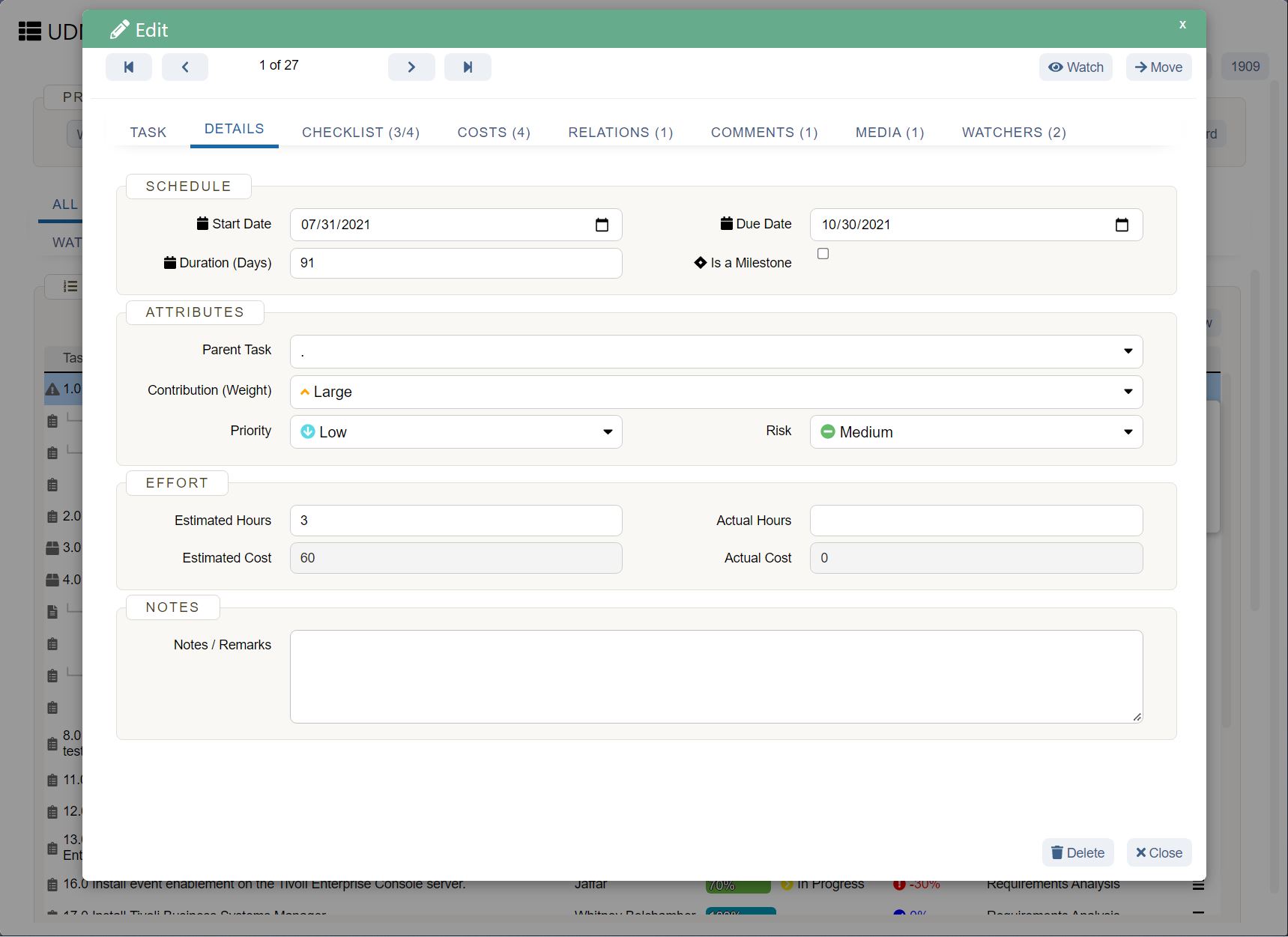
This thought might have crossed your mind. There are plenty of other project management tools that support the Critical Path Method and PERT techniques. Why UDN Task Manager ?
Well, the brief answer would be that UDN Task Manager is way better than its competitors. It has easy on the pocket, it’s fun to use and most of all, it is an all-in-one business solution.
Besides, you just wouldn’t want to have a software that offers Critical Path Method or PERT and has nothing else to offer, would you now?
The detailed answer is that UDN Task Manager was designed specifically to have all the must-have features in one place. At the same time, the app should be cool to look at and affordable.
UDN Task Manager has been successful at achieving all three! I also talked about the Gantt charts and grid view interaction features earlier. Those two are particularly in context with CPM workflow development.
Moving on, UDN Task Manager is the perfect solution for businesses that want to use the CPM/PERT technique and get the most out of the same app.
The critical path method is as exigent for project managers as having cutting-edge software for project management at their disposal 24/7.
Besides, if you are getting a great deal at a low cost, why not take it?
CPM Is a Constantly Evolving Phenomenon
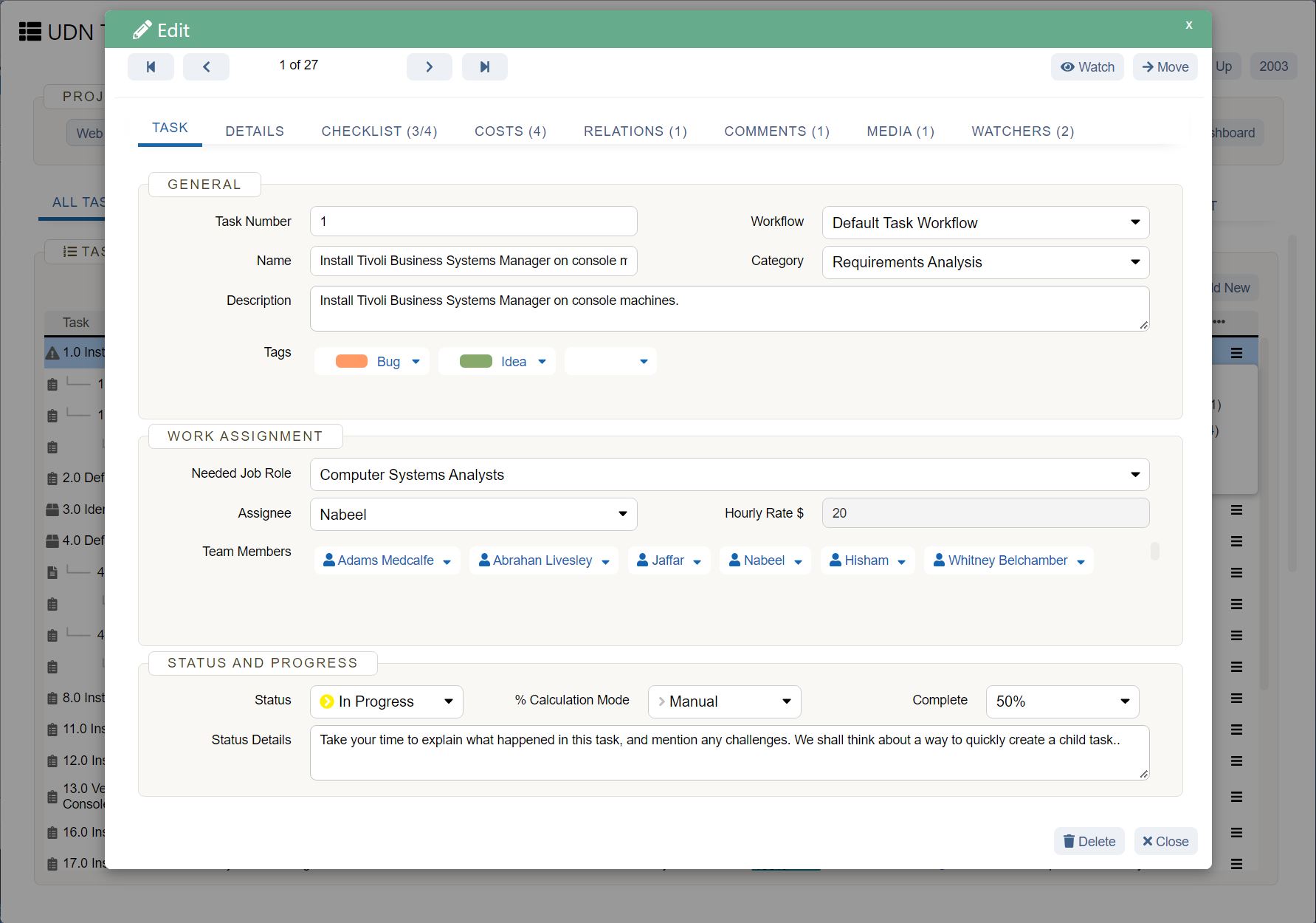
Now that you know all about the critical path and its importance in project management don’t keep this piece of information to yourself. Make sure everyone at the workplace know about this concept too.
Try UDN Task Manager and its amazing capabilities for solving business problems. Use the comment section to tell us what you think about CPM and its implementation in the project life cycle.











